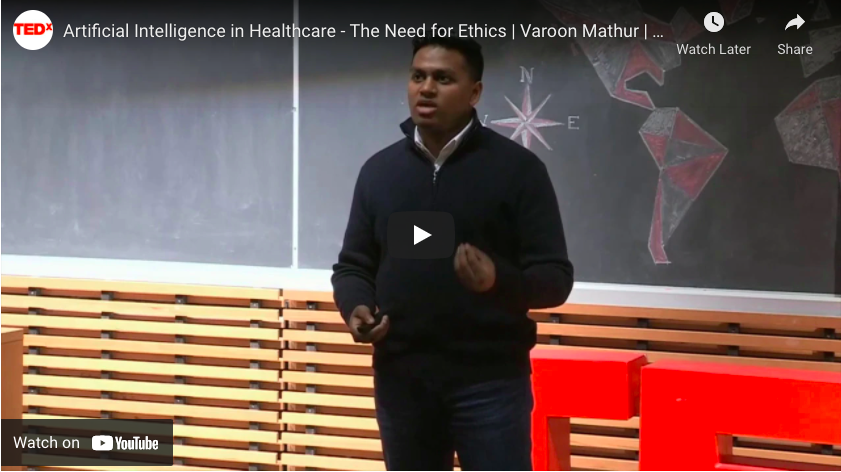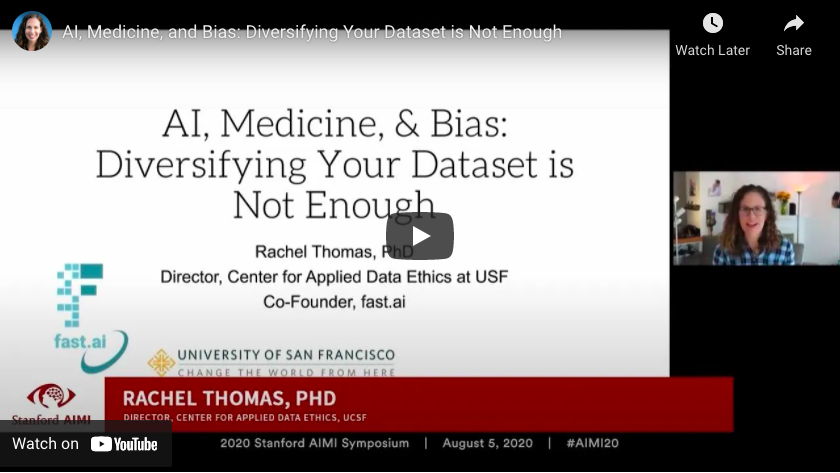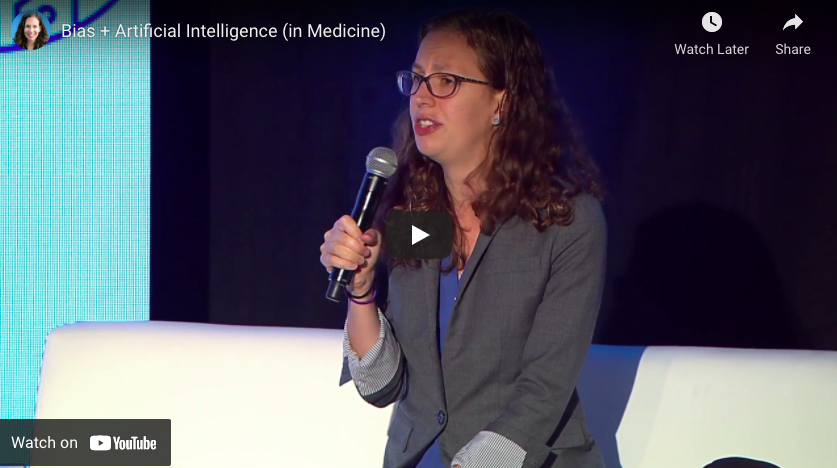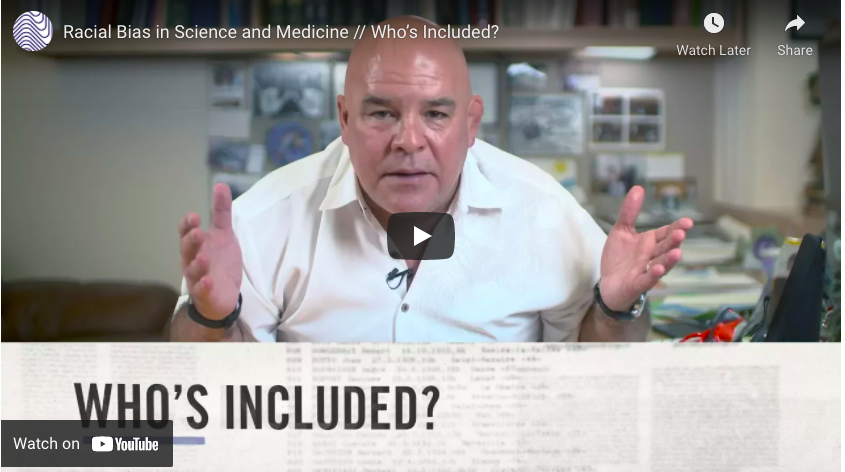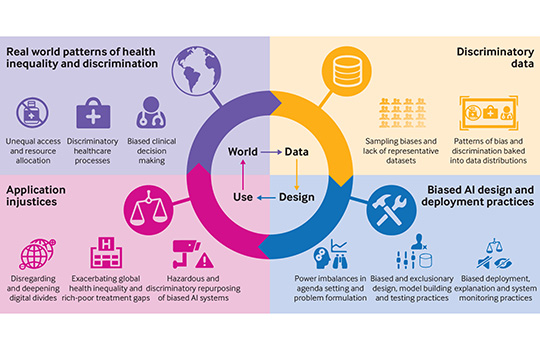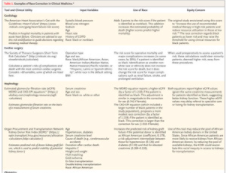New Medicines and Treatments

Modern Medicines and treatments can be improved with the progression of AI in medicine by discovering new drugs, personalising treatments, and speeding up chemical trials. But if the racial exclusion common in biomedical research seeps into the data behind AI there’s a risk that these medicines won’t be effective for everyone.

